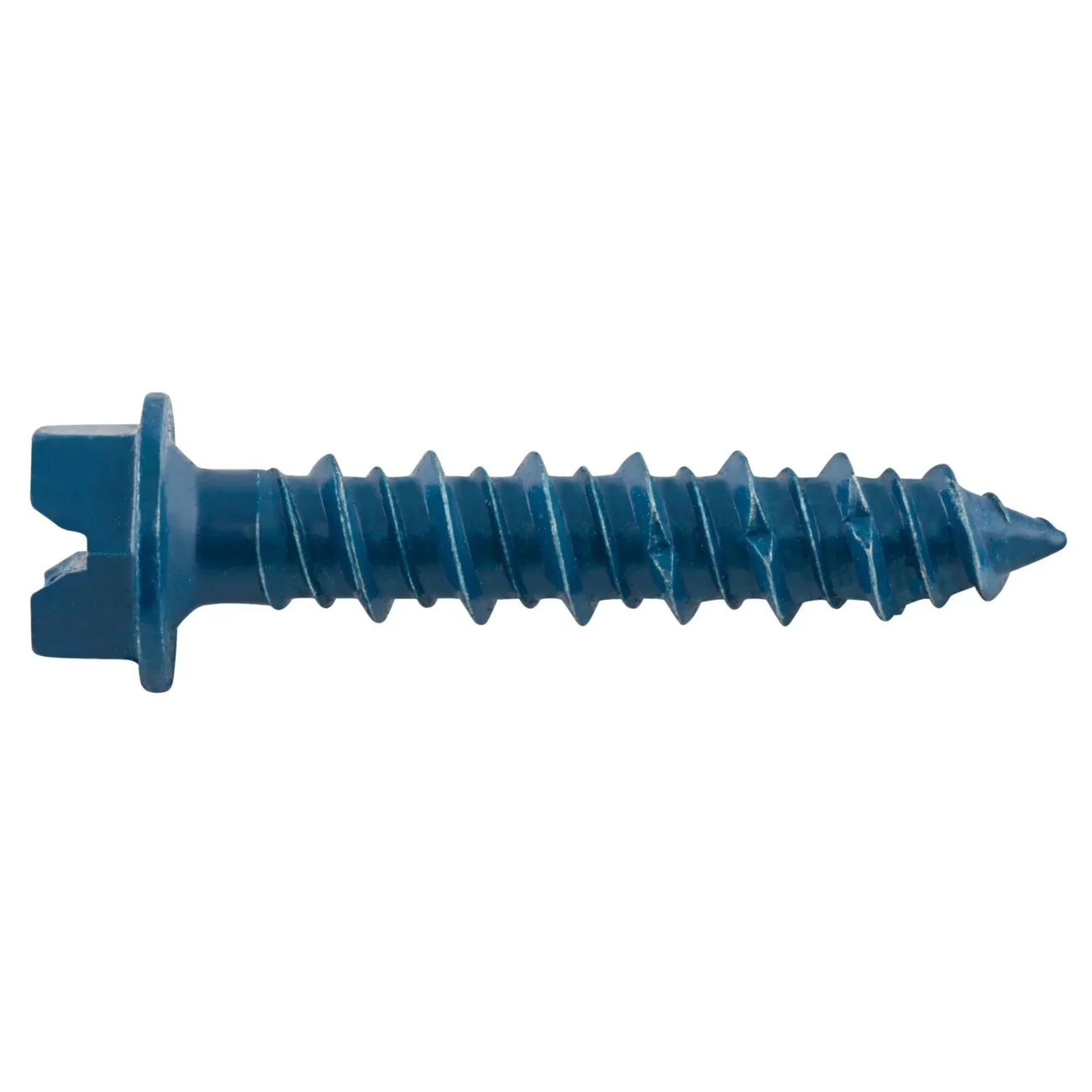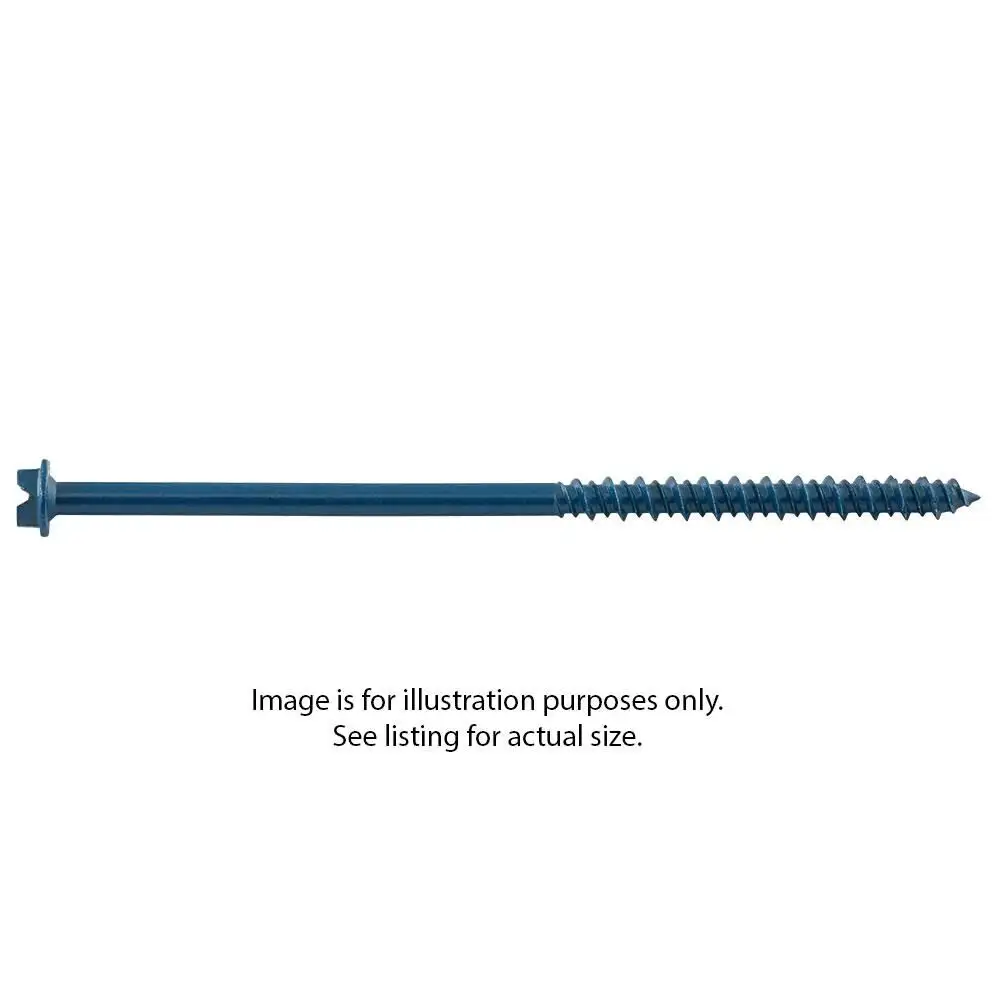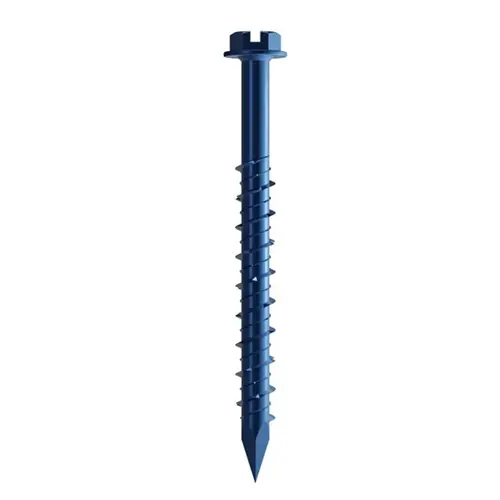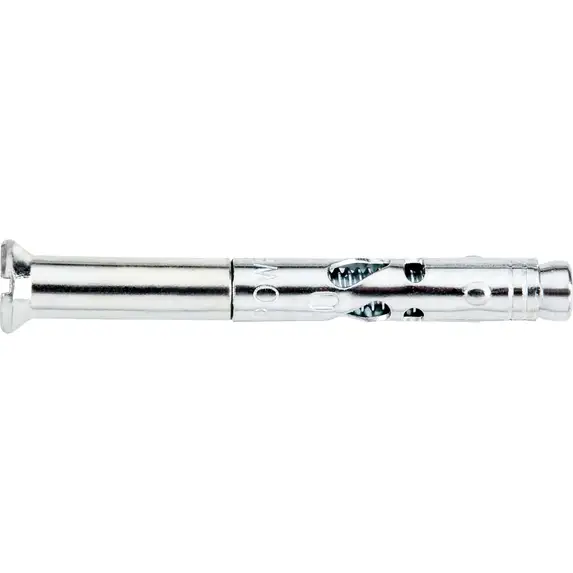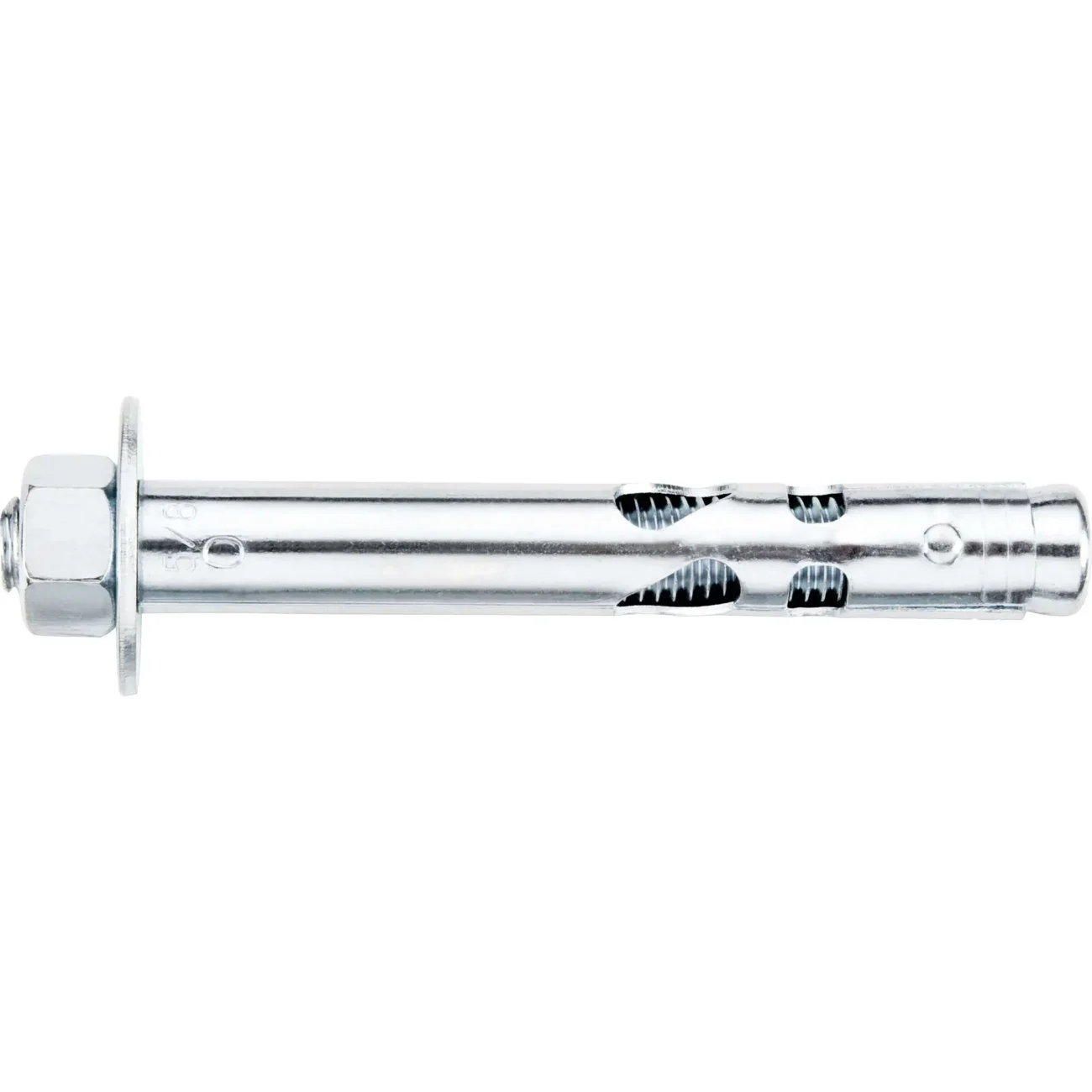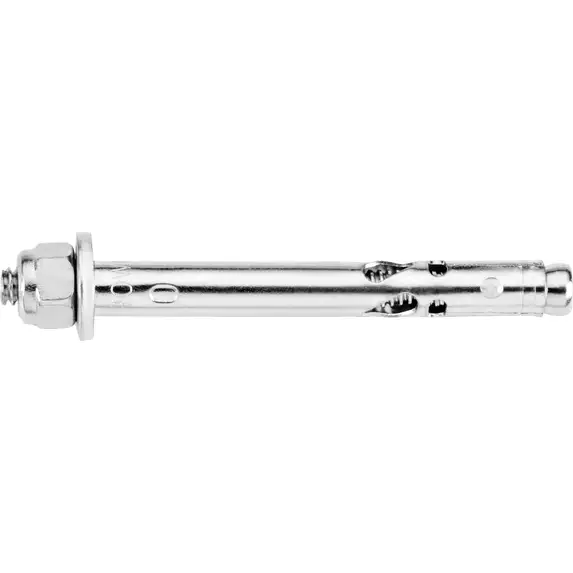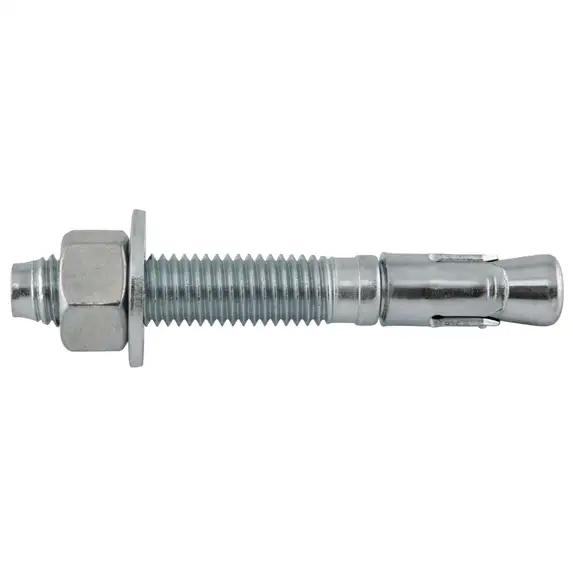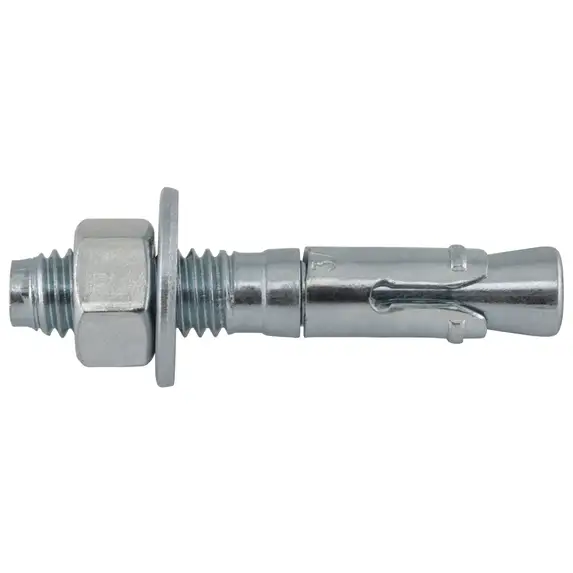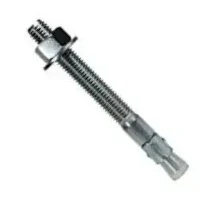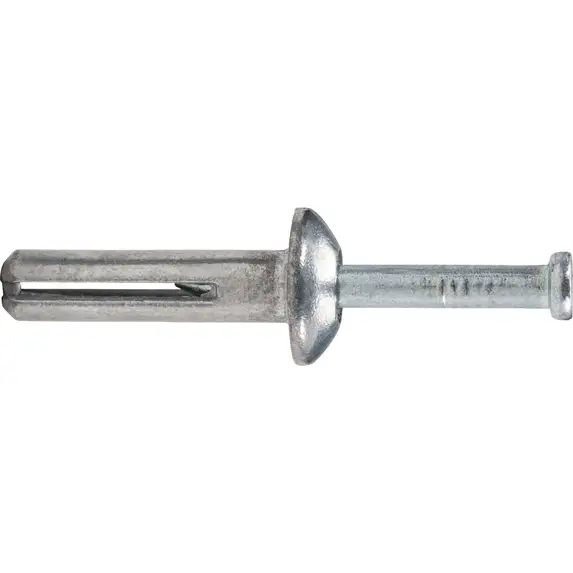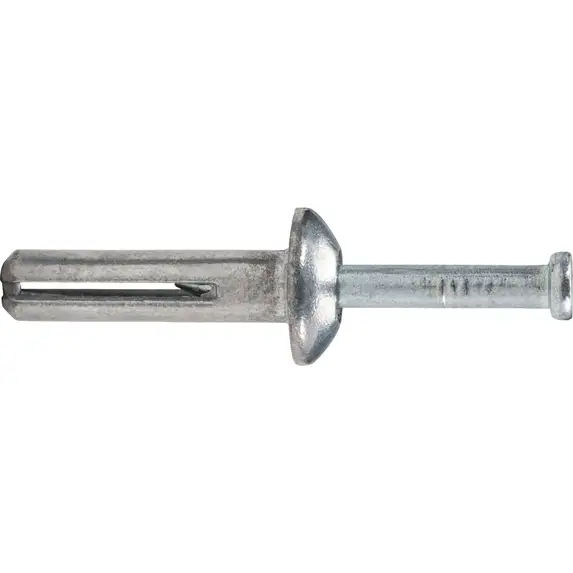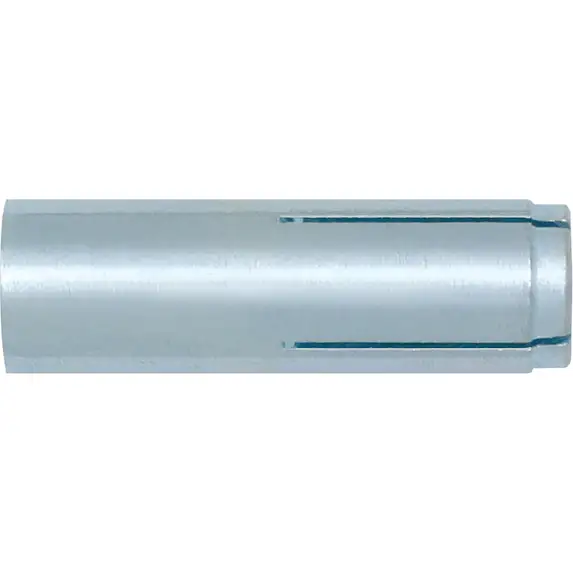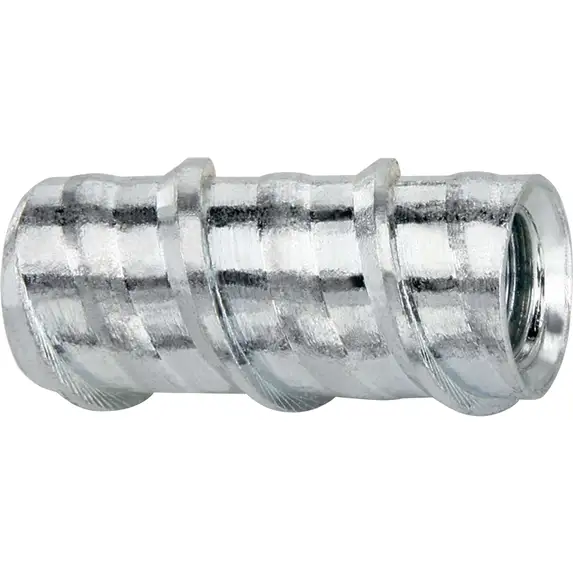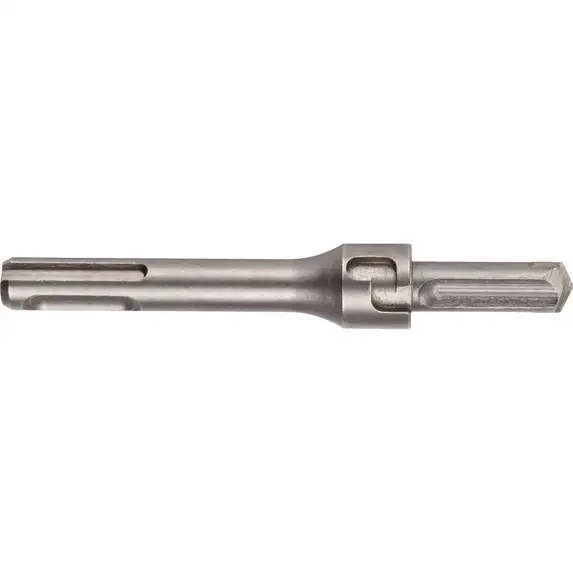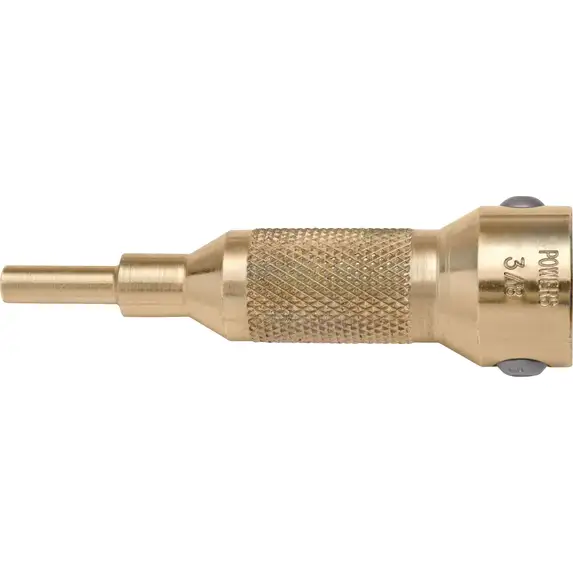|
Getting your Trinity Audio player ready...
|
Concrete anchoring is one of the most critical aspects of construction, renovation, and industrial installation work. The choice of anchor determines not only how long a fastening will last, but also whether it will meet safety codes, structural requirements, and manufacturer specifications. Mechanical anchors provide a reliable solution for a wide variety of applications, from light-duty fixtures to heavy structural supports, but choosing the correct type is essential.
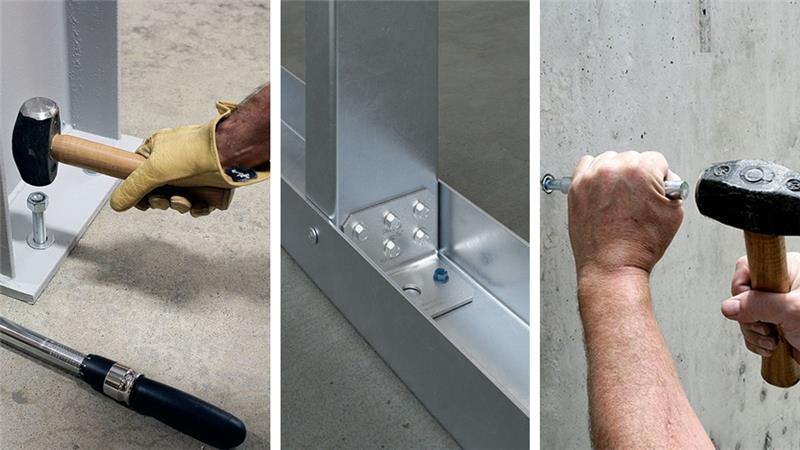
This guide outlines the most common mechanical anchor categories, explains how they function, and highlights their best use cases. Where possible, we’ve included Simpson Strong-Tie and DEWALT products, so you can quickly find professional-grade anchors for your project.
Self-Threading Screw Anchors
Self-threading screw anchors, such as Tapcon, Simpson Titan Turbo, and DEWALT UltraCon+, are among the most widely used mechanical anchors for light to medium duty fastening. These anchors cut their own threads into the concrete or masonry during installation, forming a direct mechanical interlock with the base material. Because they do not require expansion, they can be installed closer to edges and are less likely to cause cracking compared to wedge or sleeve anchors.
These anchors are commonly specified for electrical boxes, conduit straps, window and door frames, or furring strips. They are also removable, which makes them useful in temporary or adjustable installations. However, their load capacities are lower than expansion anchors, and installation precision is critical: the hole diameter and depth must match manufacturer recommendations exactly to ensure proper engagement.
Sleeve Anchors
Sleeve anchors are designed for medium-duty fastening and are well-suited for use in solid concrete, brick, and block. The design consists of a threaded stud encased in a metal sleeve; tightening the nut draws an expander cone upward, forcing the sleeve to expand against the hole walls.
This expansion mechanism allows sleeve anchors to securely fasten handrails, guardrails, medium-duty equipment, brackets, and signage. They are versatile and available in multiple head styles, including hex, flat, and round, to accommodate different hardware requirements. However, sleeve anchors should not be relied upon for heavy structural loads, as wedge anchors provide significantly higher performance in solid concrete.
Wedge Anchors
For applications that demand maximum holding strength, wedge anchors remain the industry standard. Installed into pre-drilled holes in solid concrete, wedge anchors expand a steel clip at their base when tightened, creating one of the strongest mechanical interlocks available.
Because of their high capacity, wedge anchors are widely specified for structural steel, machinery foundations, pallet racking, and safety barriers. Their reliability and predictable performance make them suitable for critical structural connections. However, they should never be used in brick or block, and minimum edge distance must always be observed to avoid slab cracking. Once installed, wedge anchors are permanent.
Concrete Pins
Concrete pins provide one of the fastest methods of attachment, particularly for drywall track, furring strips, and light-duty conduit hangers. These anchors are driven directly into the base material using powder-actuated, gas-powered, or cordless pinning tools. The installation process requires minimal preparation and is extremely efficient for repetitive fastening.
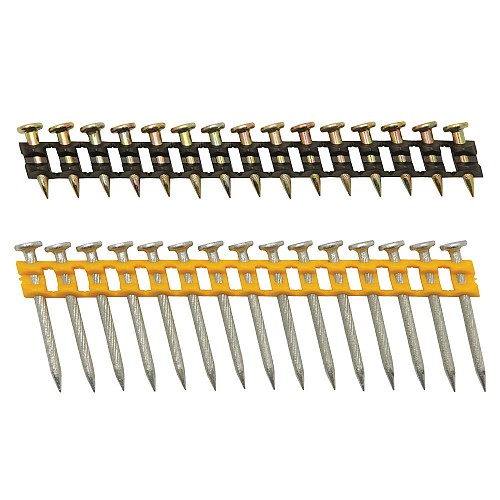
While highly effective for speed, concrete pins are not designed for heavy loads and require specialized tools. Improper use can cause spalling or surface damage, and in many cases, OSHA requires operator training for powder-actuated systems. For light-duty jobs where speed is critical, options include Simpson Pin Anchors and DEWALT Pins.
Impact Pin (Strike) Anchors
Strike anchors combine the simplicity of a drilled hole with the security of expansion. The anchor body is inserted into the hole, and then a drive pin is hammered in, forcing an internal wedge outward to lock the anchor in place.
These anchors are valued for tamper resistance, since removal typically damages the base material. They are suitable for securing wood framing, conduit boxes, and other light to medium-duty fixtures. Strike anchors are faster to install than sleeve or wedge anchors, but their load capacity is lower.
Drop-In Anchors
Drop-in anchors are internally threaded anchors designed for flush-mount applications. After drilling the correct size hole, the anchor is dropped into place and set with a manufacturer-specific tool that drives an internal plug downward, expanding the anchor shell into the concrete.
Because they leave a threaded receptacle flush with the surface, drop-in anchors are commonly used to suspend threaded rod for HVAC systems, sprinkler piping, and cable trays. They are also useful where fasteners must be removable or adjustable. Clean holes are critical, and these anchors should only be used in solid concrete. Reliable options include Simpson Drop-In Anchors and DEWALT Drop-In Anchors.
Mechanical anchors vary widely in design, performance, and application. Self-threading screw anchors offer speed and removability for lighter loads, while sleeve anchors provide versatility for medium-duty fastening. For structural or heavy-duty installations, wedge anchors remain the benchmark. Concrete pins deliver unmatched speed but are limited to lighter loads, strike anchors offer tamper resistance, and drop-in anchors enable flush, threaded fastening for suspended systems.
Ultimately, the correct choice depends on the base material, load requirements, installation environment, and whether removability is necessary. Always consult manufacturer load tables, embedment requirements, and project engineering specifications before installation.
At Ohio Power Tool, we supply a comprehensive range of Simpson Strong-Tie and DEWALT anchors, along with the tools and expertise to ensure your project is built to last. For technical support or anchor selection assistance, our team is available to help you choose the right solution for your specific application. Don’t hesitate to reach out at cs@ohiopowertool.com or 614-481-2111 with any questions, comments, or concerns, and be sure to follow us on all your favorite social media channels to stay in the know on all the latest announcements, deals, news, and more!


